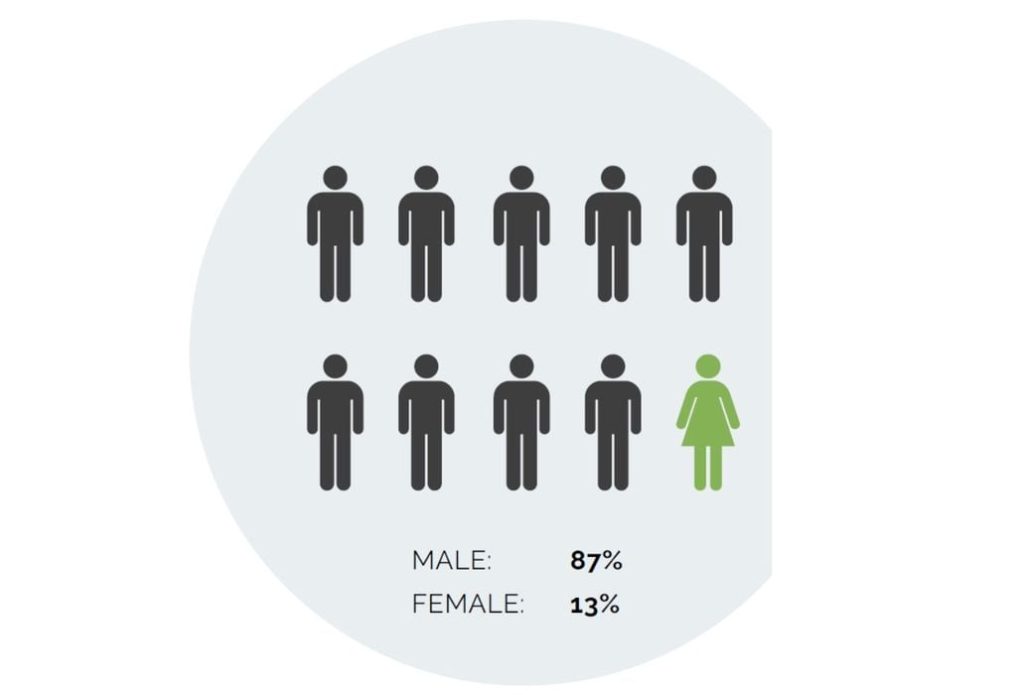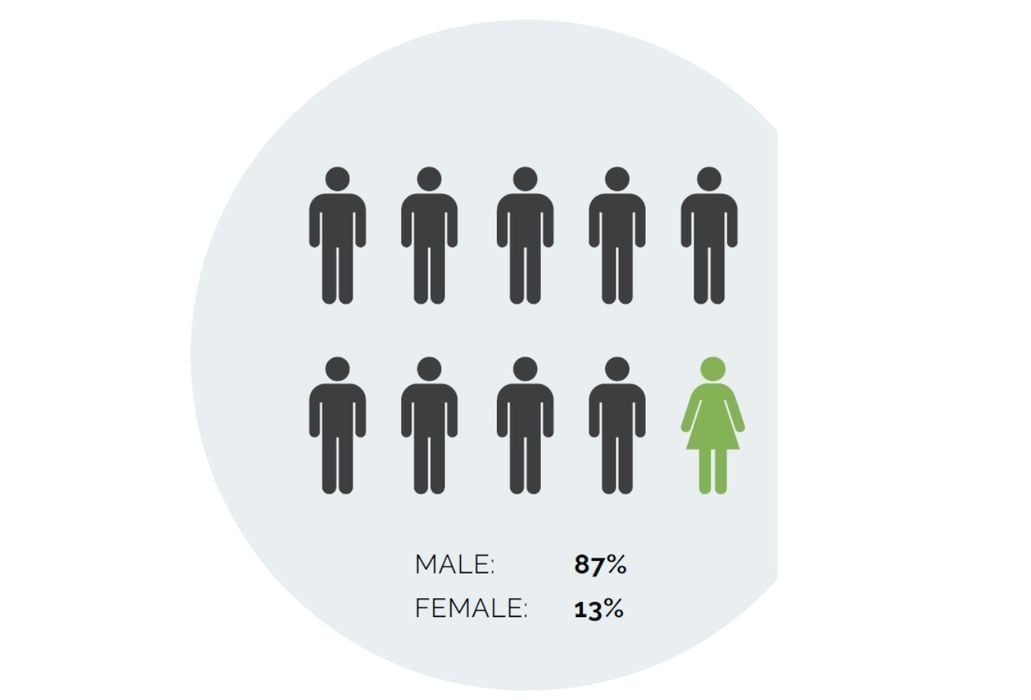
Women in 3D Printing released their annual “Diversity for Additive Manufacturing” report earlier this month.
The report, prepared by Wi3DP board member and former Fabbaloo Managing Editor, Sarah Goehrke, is “an annual report provided as a resource for understanding the shape and scope of diversity in the 3D printing industry”.
Diversity in 3D printing industry needs to be thought of as a regular reporting metric for every company’s performance. A few companies report on diversity, however, the practice is still not as widespread as reports on stock performance, examining market share, and other ways of monitoring company progress.
Goehrke explained:
“Rethinking and reframing the workforce’s diverse makeup, or lack thereof, offers another lens through which to view the growth and shape of this dynamic field.”
According to the 2022 ADG Salary Survey, the industry is largely male dominated, with 87% of employment being male and only 13% female. This is consistent with data from other sources such as Sculpteo’s 2022 State of 3D Printing Report and Fabbaloo’s 2022 survey.
An advanced manufacturing facility in Canada, North Forge Fabrication Lab, has 81% male employees while 19% are female. This is a little better than the Additive Manufacturing Industry overall, but still below where we should be.
The upcoming TIPE conference organized by Women in 3D Printing was formed out of a vision that would contribute to the Women in 3D Printing (Wi3DP) organization’s goal of achieving gender parity in the industry, with a 50/50 split.
The TIPE conference is uniquely composed of only women speakers. “TIPE” stands for Technology (the how behind the industry), Industry (the what of additive manufacturing), People (the who behind the progress) and Economics (the why behind the rise of additive manufacturing). These are topics that people in 3D printing want to know more about.
One way to encourage more female representation in the industry is through mentorship programs like Wi3DP’s NextGen, which provides real-world experience and networking opportunities for students and early-career professionals. These programs can be invaluable for career development and should not be underestimated.
Networking is an important part of career development and can be supported through formalized offerings within a business.
The report also highlights the financial impacts of diversity, equity, and inclusion (DEI) on companies, including the costs of hiring and training new employees and the financial benefits of retaining existing employees.
Investing in DEI programs and creating a people-first company culture can lead to increased retention and ultimately be in a company’s best financial interest. When employees feel empowered to bring their whole selves to work, it can lead to improved company culture and success.
The Diversity For Additive Manufacturing: 2022 Edition is available from Women in 3D Printing.

